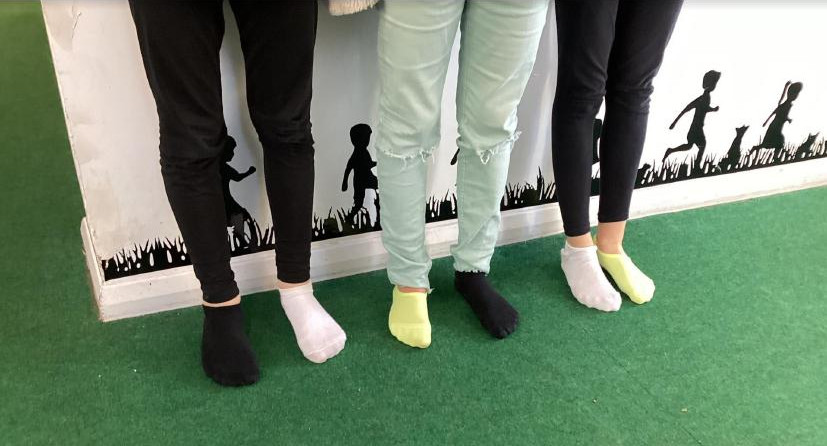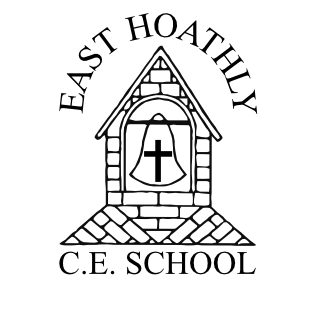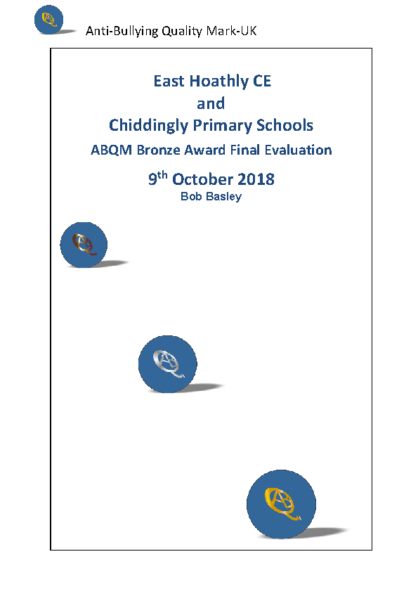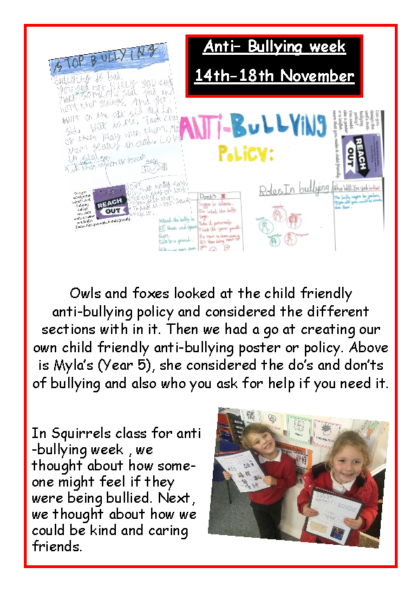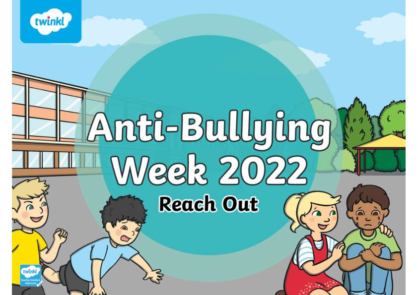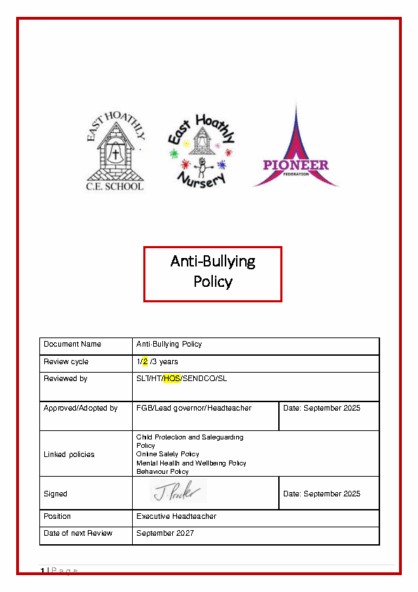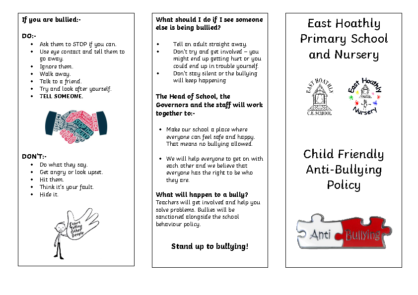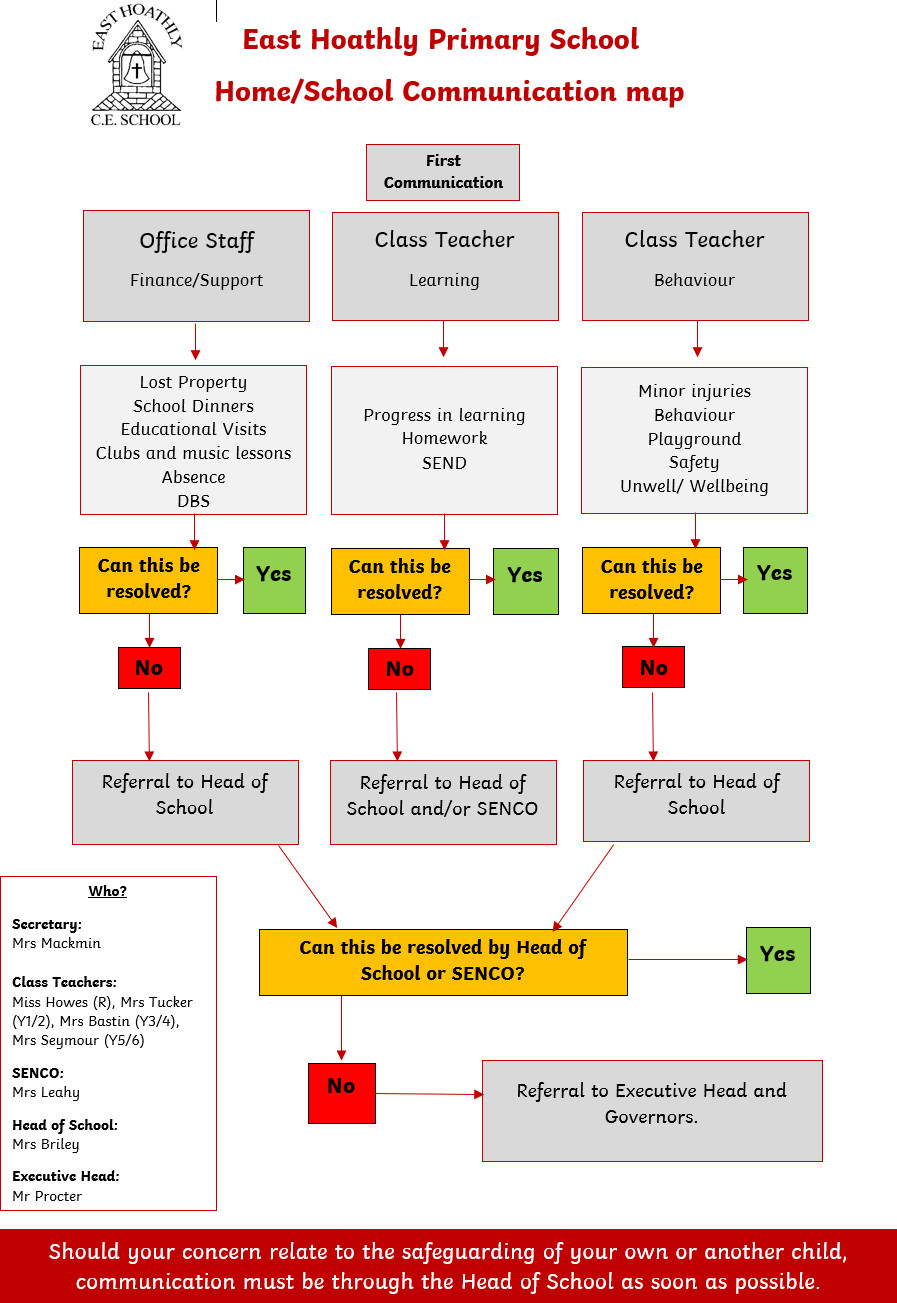At East Hoathly Primary School, we are very proud of the wonderful community we have established. Our children are very responsive to work with and the vast majority of behaviour in school is consistently outstanding, with children feeling secure and safe. However, we are always looking to improve our practice and we continually work on developing our procedures and strategies for the prevention of bullying.
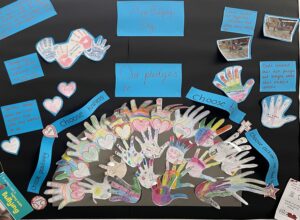
After a lengthy process and a rigorous assessment we were very pleased to be awarded the Bronze Anti-Bullying Quality Mark in 2018, in recognition of the work we have done to make our school a safe community for all our children. This was achieved with the support of representatives from across our school community, including our Steering Group which included members of staff and parents. The report from our verification visit can be found here:
Policy
We have reviewed and re-designed our Anti-Bullying Policy to ensure it is fit for purpose and effective and to ensure it has a clear impact on safety and well-being in school. Our Policy reflects our conviction that we need to make the prevention of bullying our core priority, outlining the key procedures in place in school to ensure this happens. At the same time, it also provides clarity about procedures in place to deal with any bullying concerns that may arise and the support available to pupils and parents involved in these instances.
We already had a Child-friendly version of the policy in place, but this needed a refresh. The Pupil Governors added further information about where children can go for help outside of school (like ChildLine) and updated details about what to do if you are concerned about another child. Teachers use these with pupils regularly and they are displayed in classes and around the school to ensure they remain high profile for children.
The school Anti-Bullying Policy is available for parents to read in the Policies section on our school website.
Curriculum Development
Our curriculum overview now includes clear PSHCE programmes of study which promote the development of children’s social skills across the school. We utilise the JIGSAW programme of study which includes units such as ‘Being me in the World’ and ‘Relationships’ which focus on taking responsibility for our behaviour. Our Computing Curriculum has also been revised to include a major focus on online safety, an issue which is also followed up in school assemblies.
Pupil Involvement
Regular pupil surveys provide us with an invaluable source of information and a chance to get children’s viewpoints on safety in school and any issues they may have. It is encouraging that the overwhelming majority of pupils tell us that they feel safe and happy at school. However, any issues which arise are then followed up so that improvements can be made.
In March 2021, we introduced our Peer Mentors to provide an additional layer of support at playtimes for any vulnerable children. The Peer Mentors are a group of Year 5 and 6 pupils who share the responsibility, on a rota basis, for being available at playtimes in both Key Stage 1 and Key Stage 2 to offer support for any child who needs it. Mrs Smith trains and supervises the Peer Mentors to ensure they know how to respond to children’s concerns and to ensure that they are well supported and confident in their role.
Pupil Mentors help with a range of issues on the playground. This could, for example, be children experiencing friendship issues, having difficulty playing successfully with other children or may have more significant concerns about inappropriate behaviour or even bullying from another child, but would prefer to communicate this initially to a peer rather than an adult.
Peer Mentors are distinguishable by the bright yellow sashes that they wear, two of the Mentors remain in the First Aid Room at lunchtime so that children know where to find them should they need help.
Of course, the Peer Mentors do not replace the need for adult support for children, particularly where more significant issues may be identified. To this end, all the Mentors have received training so that they know when to refer concerns to an adult and when to seek further support for any children they speak to.
In addition to Pupil Mentors, the Pupil Governors help to inform the Steering Group meetings and offer a pupils’ perspective on the work the school does and the Digital Leaders support staff in planning events and the curriculum around online safety.
Therapeutic Approaches
Consistency in the way behaviour incidents are dealt with is essential to their effectiveness. Mr Procter has attended Therapeutic Thinking training which was a 3 day training event allowing the leaders of the school to reflect on behaviour management and the processes involved. This has informed the school Behaviour Policy and Anti-Bullying Policy.
Parent Involvement
As a school we believe that an effective relationship with parents is crucial in establishing a safe and happy community. We have worked hard to ensure that there are clear communication channels for parents with any concerns about their child, including potential bullying. We ensure SLT and teaching staff are visible on the school gates each day and are available to discuss any concerns and our Anti – Bullying flowchart (below) shows how we hold weekly reviews with parents who have expressed bullying concerns. We offer parent workshops and meetings on issues including online safety for children. We have an anti-bullying steering group who meet regularly to discuss the school’s Anti-Bullying work and the group includes staff, governors and parents to ensure that we are giving a voice to all members of our community. The minutes of these meetings are shared with all parents through the newsletter and via the website.
We have created a communication map for clarity in who to approach in school should you need support.
Pioneer Federation Flowchart of support for victims and perpetrators of bullying (linked to EHWB Policy, Behaviour Policy and Anti-Bullying Policy)
